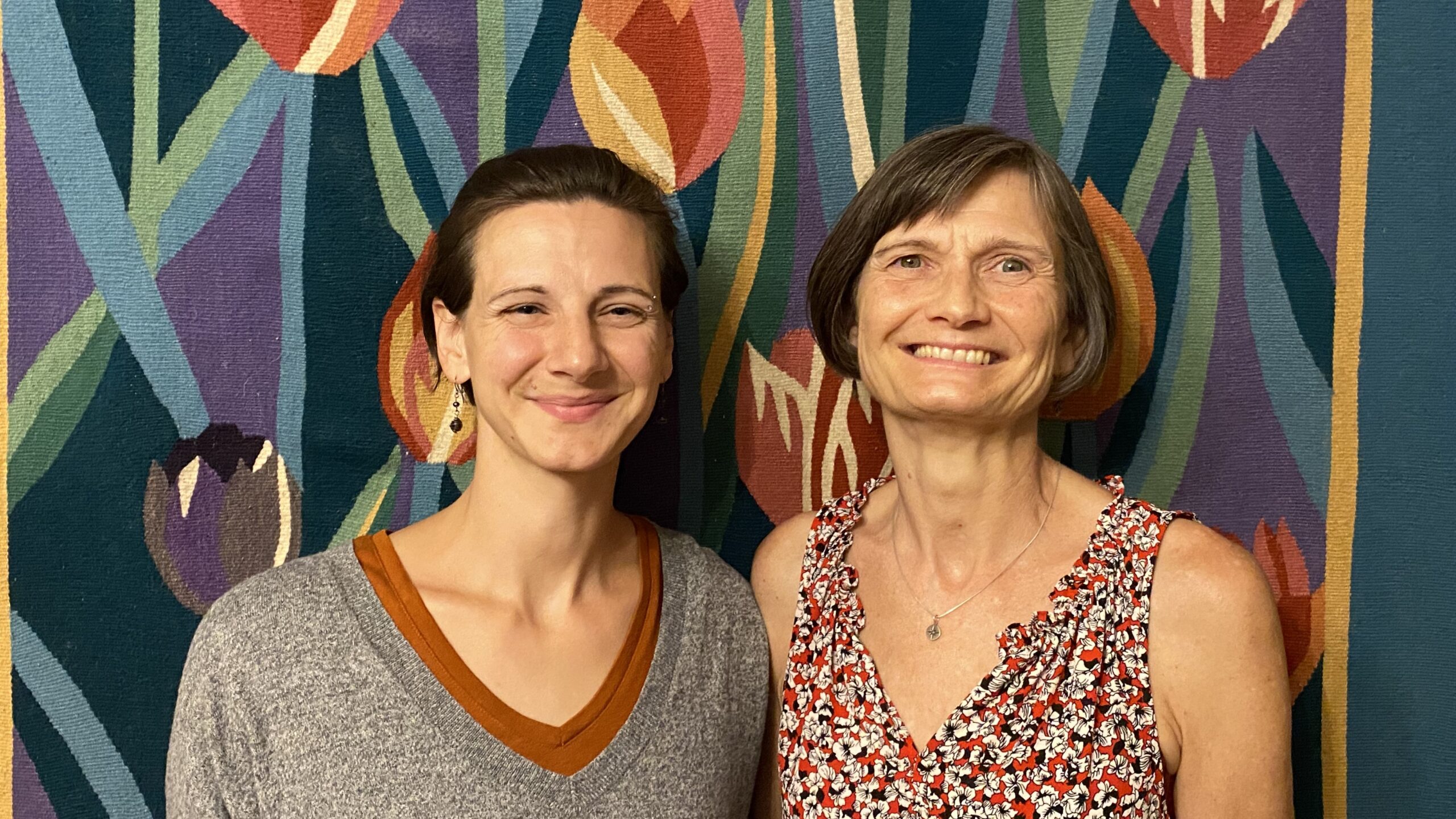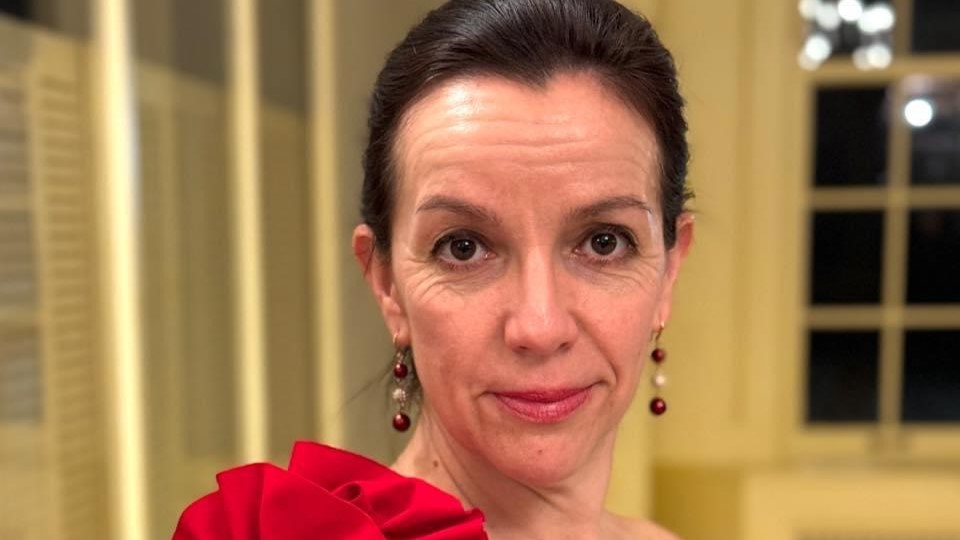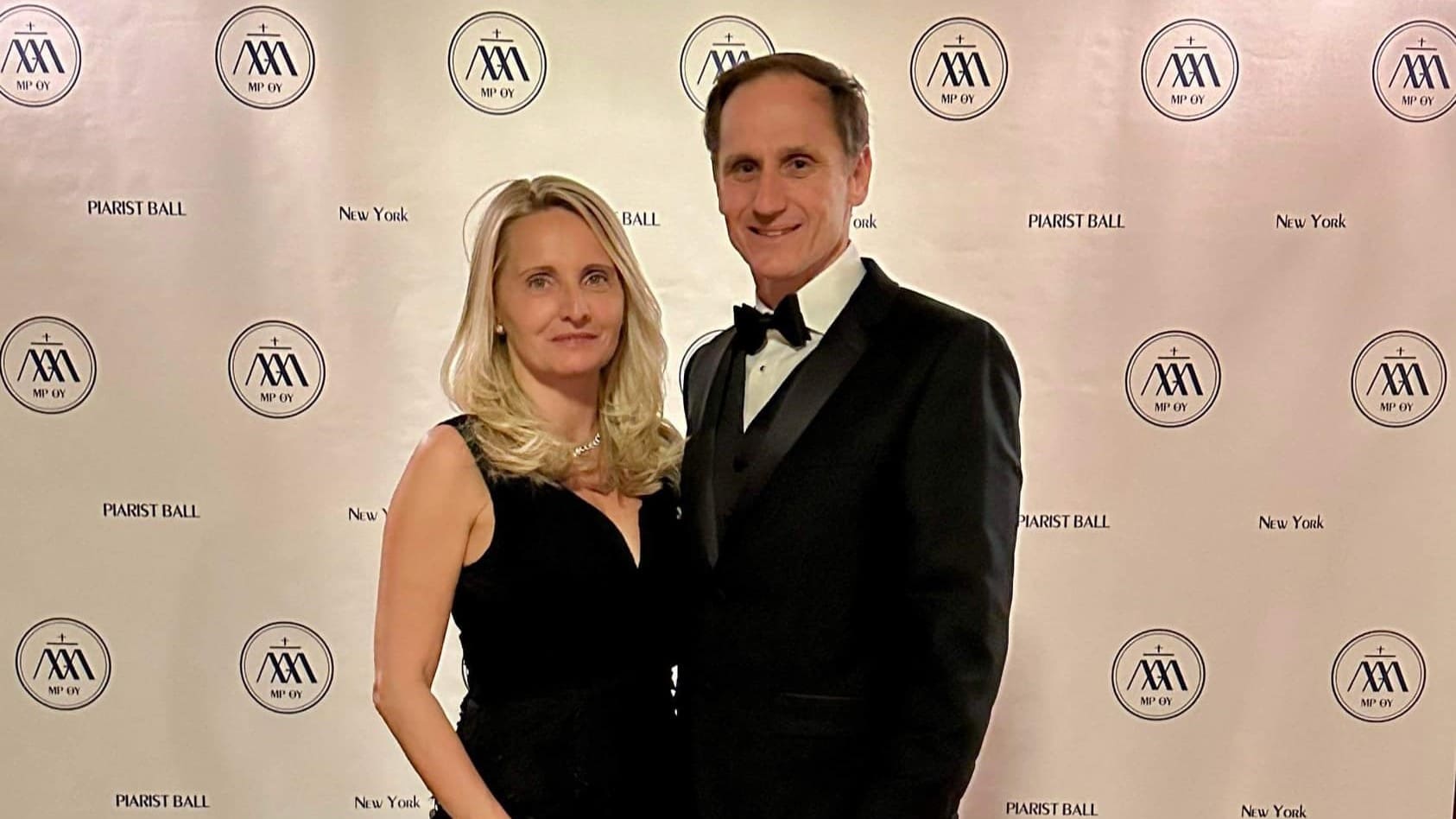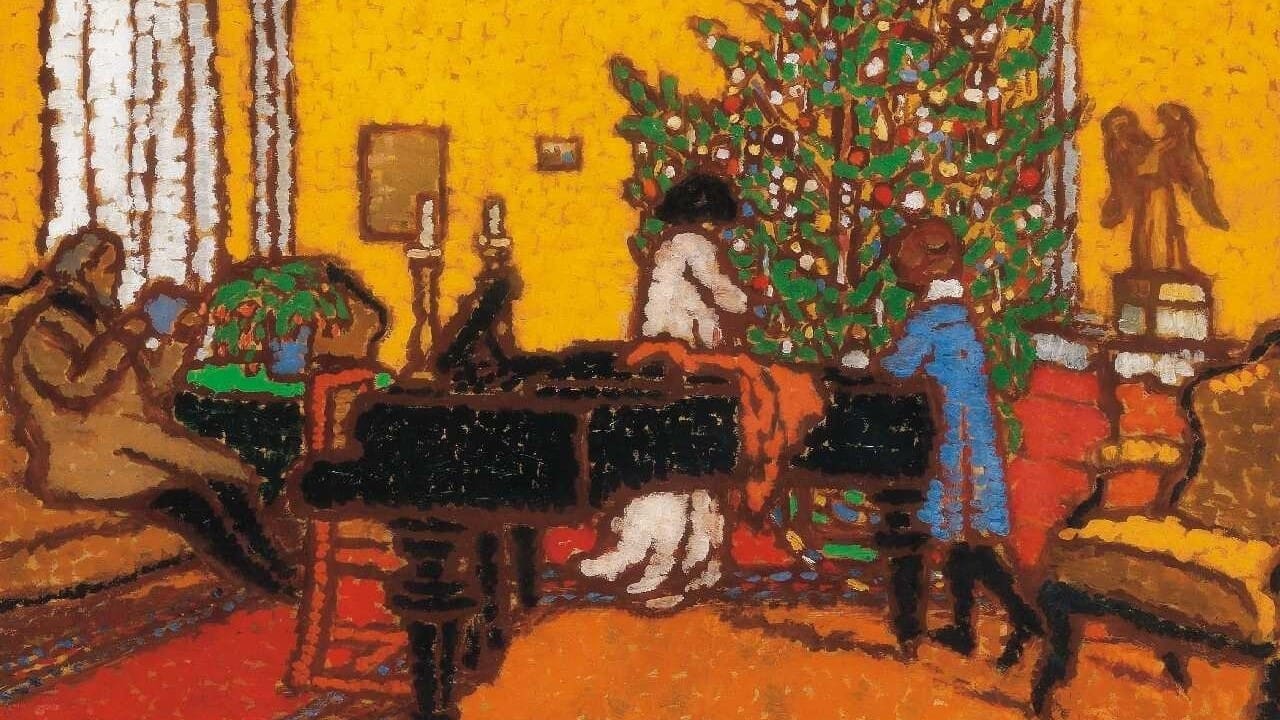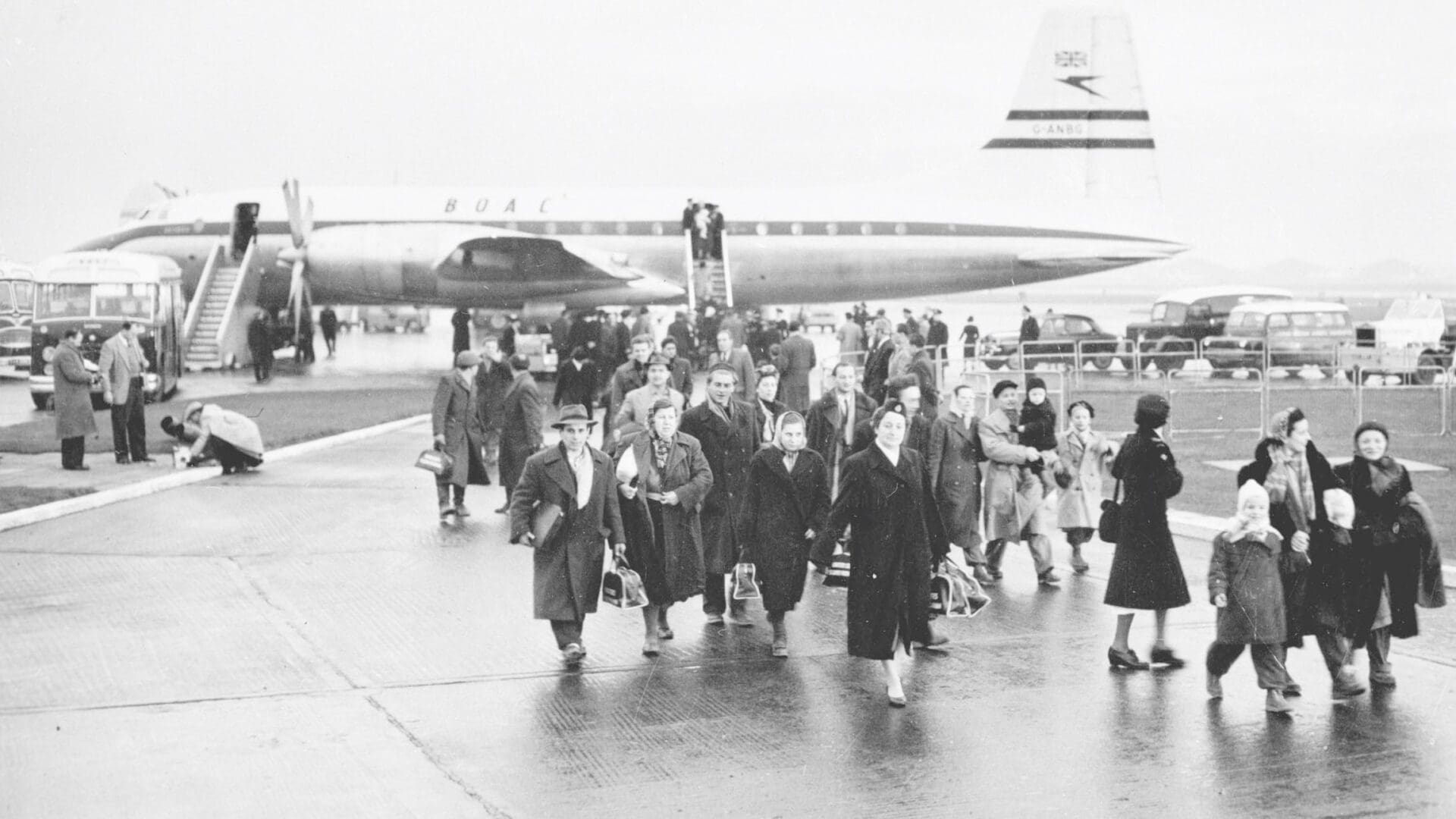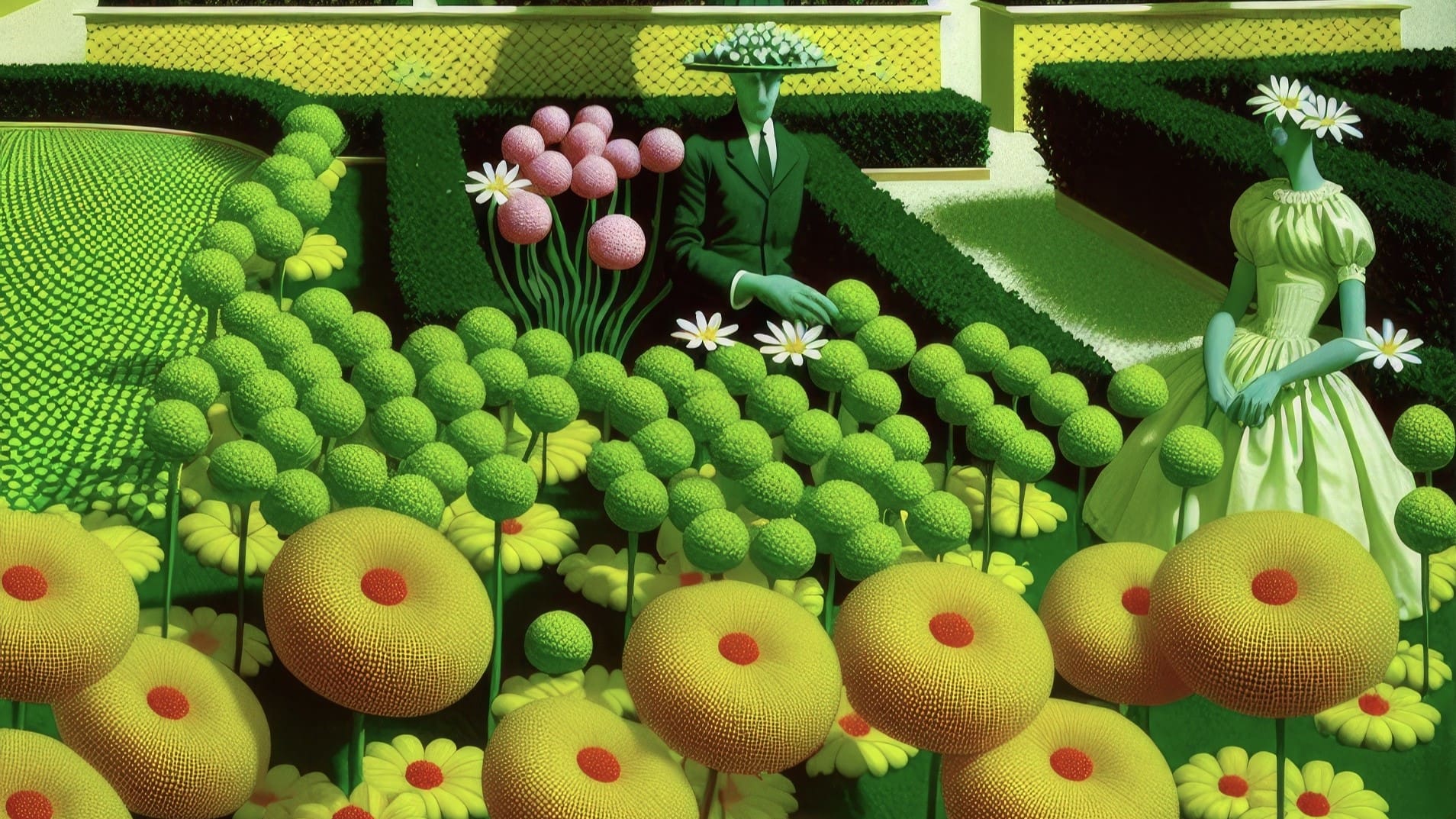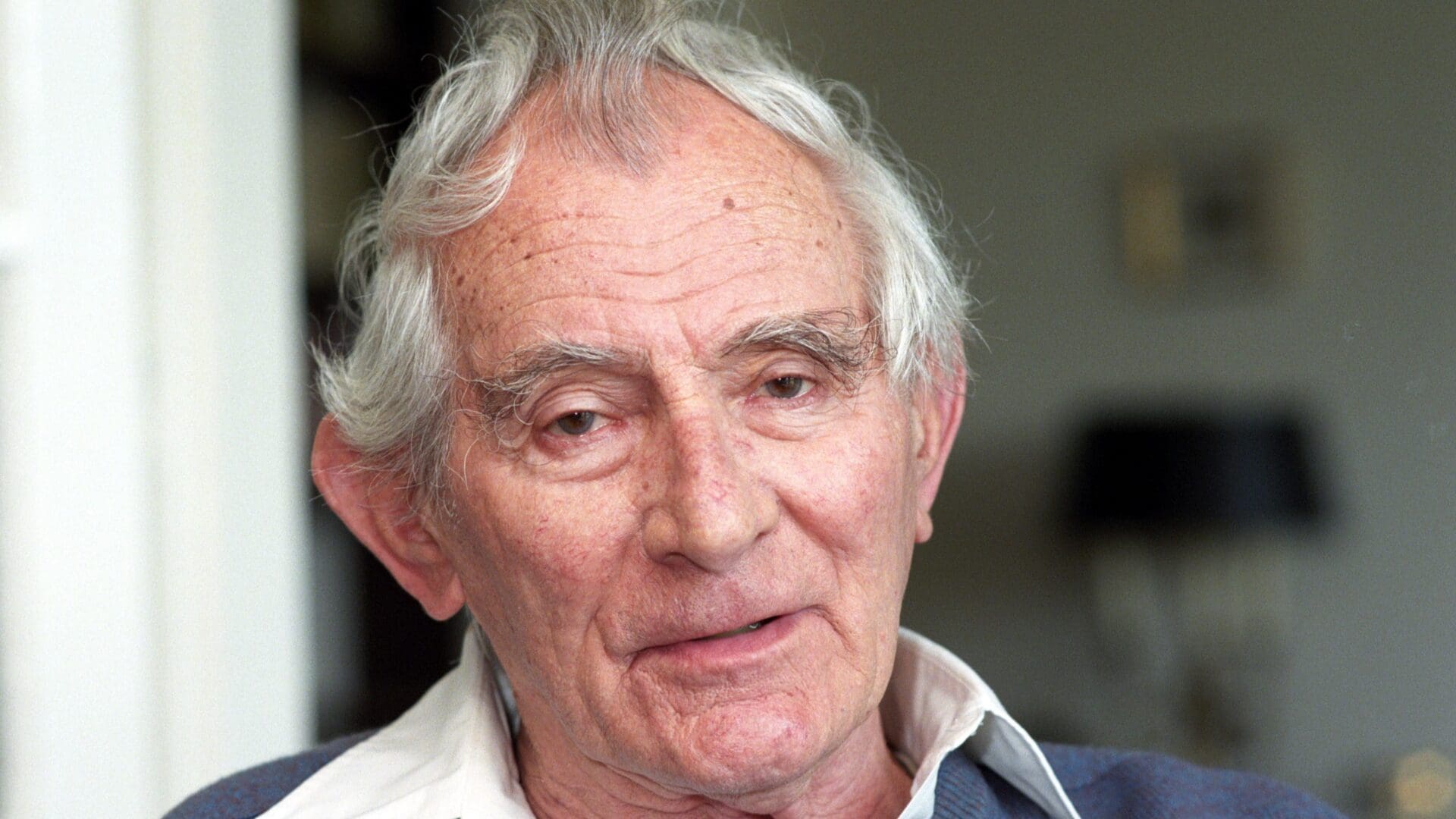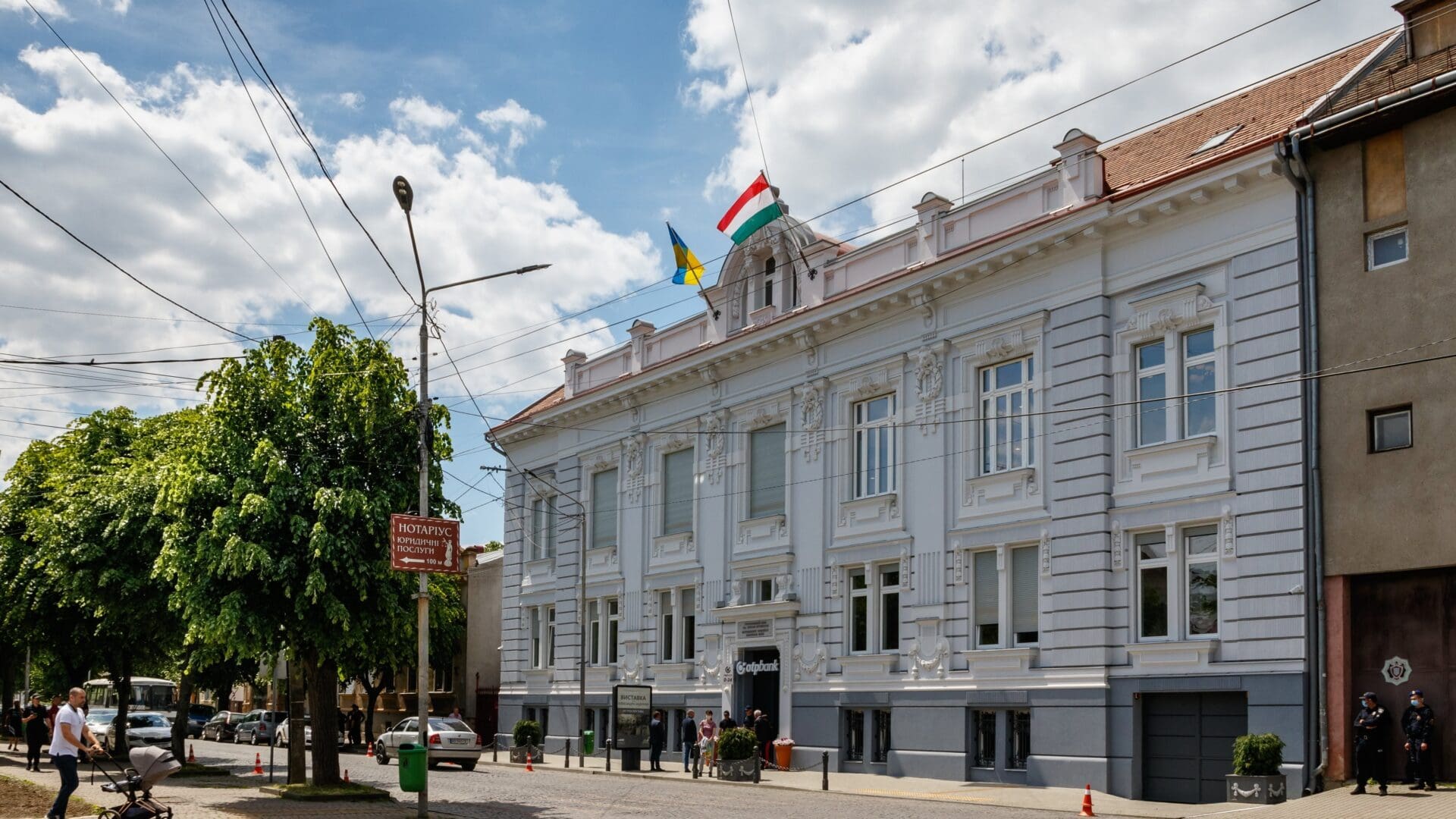
‘My goal is making Hungarian culture known’ — A Conversation with Emese Kerkay
Both Emese and her husband, László Kerkay have been cultivators of the rich Hungarian historical and cultural heritage and overall active contributors to the life of the Hungarian community of Passaic, New Jersey, having served at the Hungarian school for over 30 years: Emese as teacher and principal, László as treasurer. Emese has also been an active scout since the age of six and was a founding member and for 25 years curator of the American Hungarian Museum of Passaic.

